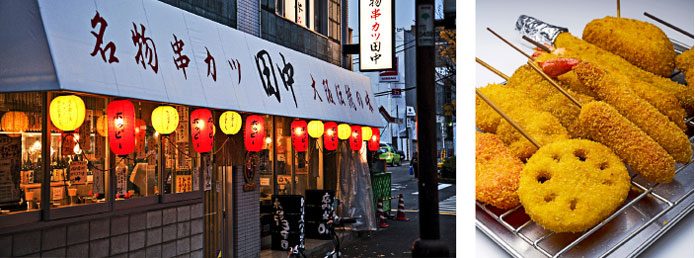
On 24 February, Japan will initiate a new system to be called Premium Friday (PF), to encourage workers to leave the workplace any time after 3pm on the fourth Friday each month. The concept has caught on in other countries, and may have been influenced by the originally Hawaiian custom of Aloha Fridays, when casual clothes are worn to work on a Friday. Some firms in Japan already have introduced similar policies allowing staff to wear more casual attire at the end of the week.
On 28 January, the Asahi Shimbun reported several examples of plans announced by businesses to launch the PF movement.
Backed by such powerful organisations as the Ministry of Economy, Trade and Industry (METI) and Keidanren (the Japan Business Federation), it is hoped the extra hours will provide some much-needed stimulation for the economy. The research arm of Dai-ichi Life Insurance Company, Limited believes that the 11 2017 PFs will have a total economic impact of ¥124bn.
Several businesses have already announced their promotional gambits. A restaurant in the main branch of Shinjuku’s Isetan department store will be offering a set of French-style hors d’oeuvres for ¥1,001. Food and beverage operators at other department stores are said to be planning similar special events.
Kushikatsu Tanaka Co., a chain of izakaya (informal Japanese restaurants) that offer deep-fried snacks on skewers and which also operate on department store premises, have announced that 24 February is to be renamed Frying Friday. The firm will open its branches at 3pm—two hours earlier than usual—in anticipation of groups of co-workers getting together for a snack and a drink following their early departure from the office.
Suntory Holdings Limited, meanwhile, has announced that for a period of eight days from 24 February, it will be offering free glasses of its Premium Malt’s lager to patrons at some 1,000 outlets of affiliated restaurants.
Travel industry giant JTB Corp. has organised Friday departures for short weekend trips, sales of which began on 25 January. While that might mean having the evening meal and checking into a hotel somewhat later than is generally done, the scheduling might enable cost savings. Japan Airlines Co., Ltd. is also promoting packages combining domestic flights with hotel arrangements.
Meanwhile, cosmetics firm Kose is expected to launch a special website to encourage participants to post images of their PF activities.
However, the question remains whether corporate culture will go along with the idea. Fridays at the end of the month tend to be busy, so it is not clear if the practice will take root in cash-strapped small and medium-sized businesses.
A survey, by advertising agency Hakuhodo Inc., of 800 male and female salary earners residing in major urban areas asked subjects how they planned to take advantage of the extra time off on Fridays. In descending order, 31.5% respondents said they would travel, followed by 30.3% who said they would just “take it easy at home”. This was followed by “eat out” (8.8%) and “go shopping” (7.4%). At this point, the sceptics are saying that it may be a bit optimistic to expect workers to devote much of their PF time to leisure and consumption.